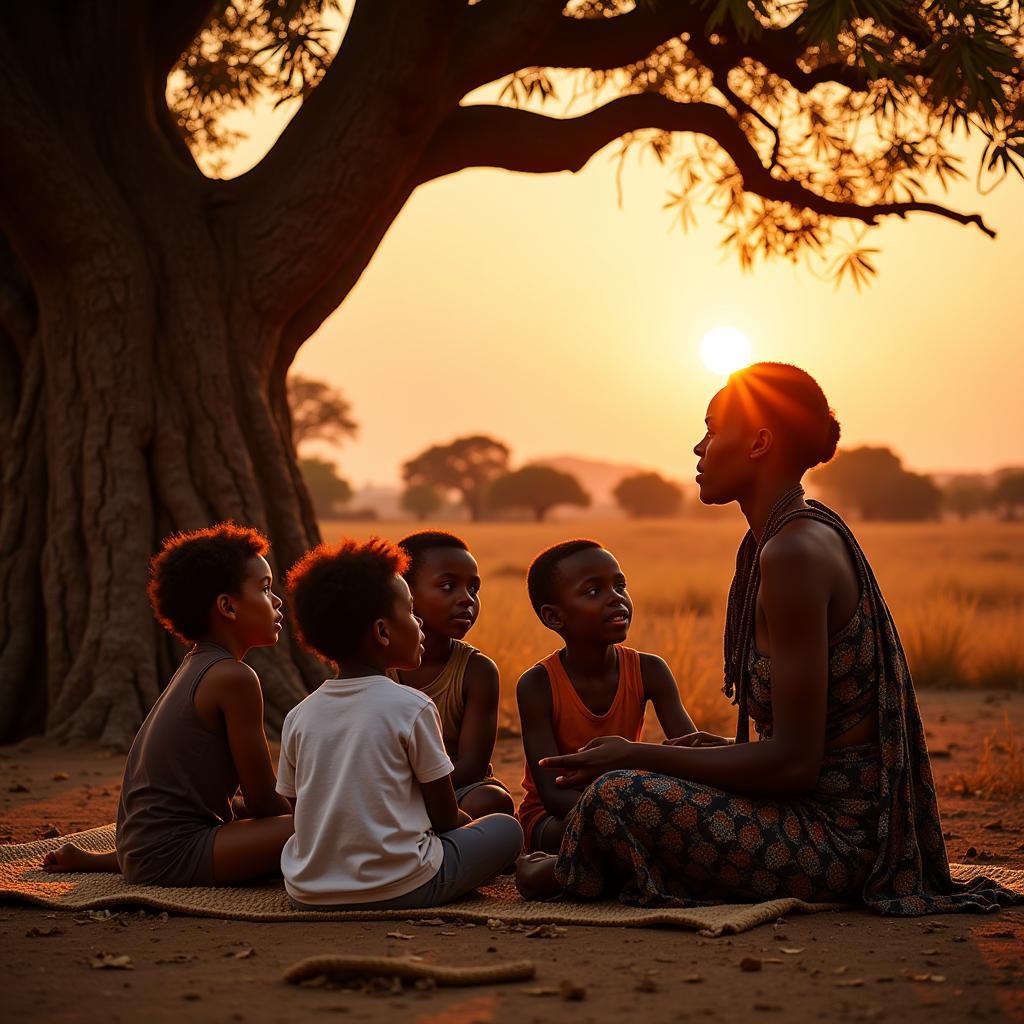The Exploitation of African Immigrants in Sex Videos: A Dark Reality
The internet, for all its wonders, has a dark underbelly. One such shadow is the exploitation of vulnerable individuals, particularly African immigrants, in sex videos. This issue, while deeply disturbing, remains largely hidden, making it crucial to shed light on the factors that contribute to this problem and understand its devastating impact.
Vulnerability and Desperation: A Breeding Ground for Exploitation
Many African immigrants arrive in new countries facing a multitude of challenges. Language barriers, cultural differences, and limited job opportunities create an environment where survival becomes the primary focus. This vulnerability, coupled with the desperate desire for a better life, can make individuals susceptible to exploitation.
 An African immigrant woman with a worried expression
An African immigrant woman with a worried expression
Traffickers, often operating through sophisticated networks, prey on this vulnerability, promising lucrative jobs and a chance at a new life. These promises, however, often turn into nightmares as individuals find themselves trapped in the sex industry, forced to perform in videos against their will.
The Role of Poverty and Limited Opportunities
Poverty plays a significant role in perpetuating this cycle of exploitation. Many African immigrants come from economically disadvantaged backgrounds, and the allure of quick money can be difficult to resist.
 A group of African women waiting anxiously
A group of African women waiting anxiously
The lack of awareness about legal rights, coupled with the fear of deportation, prevents many victims from seeking help. Traffickers exploit this fear, instilling a sense of hopelessness and dependence.
Breaking the Silence: Addressing the Root Causes
Combating the exploitation of African immigrants in sex videos requires a multifaceted approach:
- Raising awareness: Educational campaigns, both within Africa and in destination countries, can empower potential victims by providing information about the risks of trafficking and available resources for help.
- Economic empowerment: Creating opportunities for legal employment and providing access to education and vocational training can help reduce vulnerability and offer alternative pathways to a better life.
- Strengthening law enforcement: International cooperation is crucial to dismantle trafficking networks and bring perpetrators to justice.
- Supporting survivors: Providing comprehensive support services, including legal aid, counseling, and safe housing, is essential for helping survivors heal and rebuild their lives.
The Urgency of Action
The exploitation of African immigrants in sex videos is a grave human rights violation. By acknowledging the problem, understanding its root causes, and taking decisive action, we can work towards creating a world where all individuals are treated with dignity and respect.
Remember, if you or someone you know is a victim of trafficking, help is available. Reach out to local authorities or organizations specializing in combating human trafficking. You are not alone.
Frequently Asked Questions
1. What are some signs that someone might be a victim of sex trafficking?
Some signs include: appearing fearful, anxious, or depressed; showing signs of physical abuse; not having control of their own identification documents; being restricted in their movements and communication.
2. How can I help someone who I suspect might be a victim?
It’s important to approach the situation with sensitivity and avoid putting the individual at further risk. Contact local law enforcement or a trafficking hotline to report your concerns and seek guidance.
3. What are some organizations working to combat human trafficking?
Organizations like the International Organization for Migration (IOM), the United Nations Office on Drugs and Crime (UNODC), and Polaris Project are actively involved in combating human trafficking globally.
4. How can I contribute to the fight against human trafficking?
You can contribute by raising awareness, supporting anti-trafficking organizations, advocating for stronger laws and policies, and being vigilant in reporting suspicious activities.
Need Help?
If you or someone you know needs assistance, please contact us:
Phone: +255768904061
Email: [email protected]
Address: Mbarali DC Mawindi, Kangaga, Tanzania
Our team is available 24/7 to provide support and guidance.
For more information on related topics, please explore other articles on our website.

